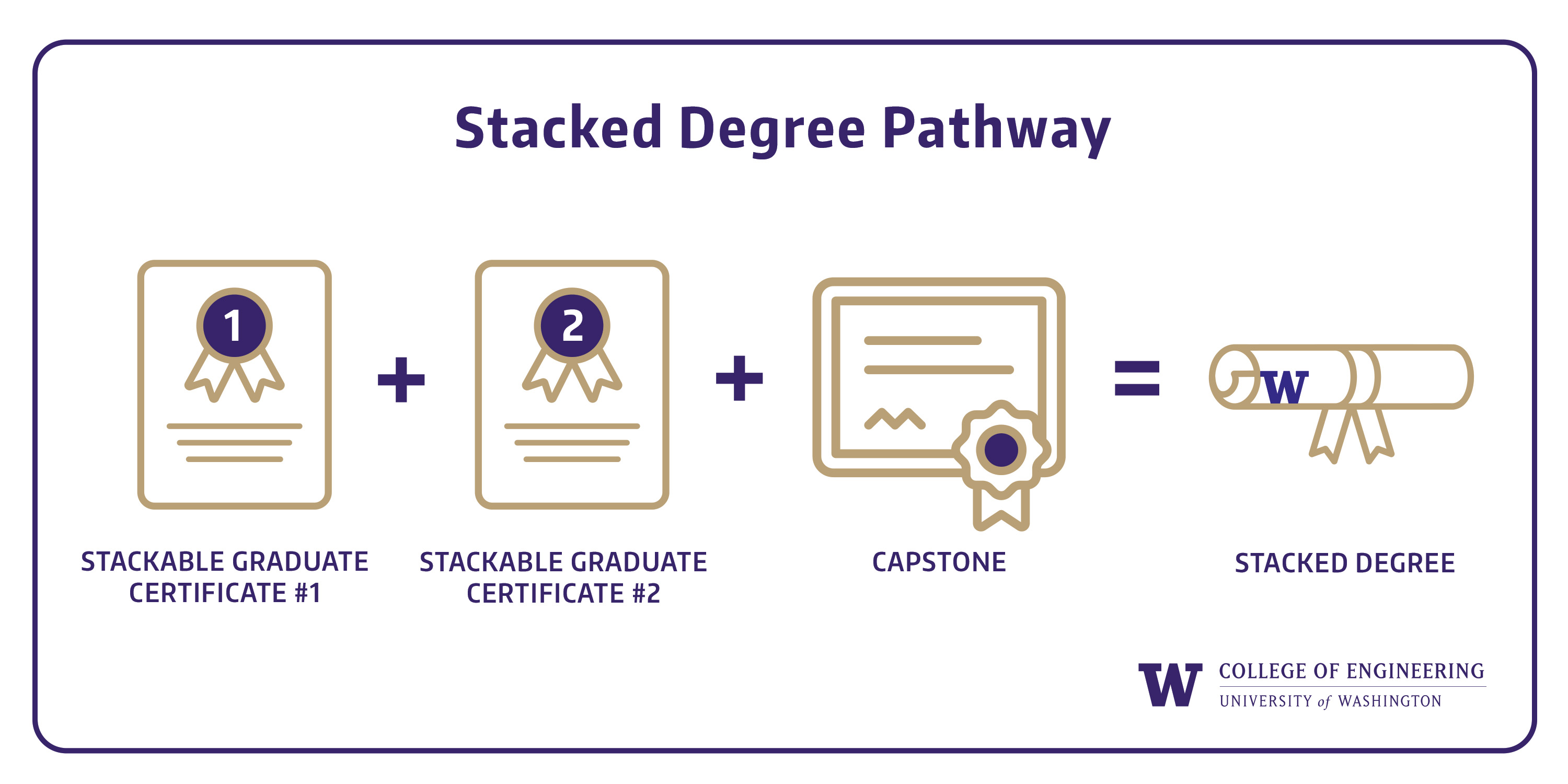
Advance your skills in AI & Machine Learning techniques
A flexible master's degree designed for engineers to quickly acquire advanced AI and machine learning (ML) skills and apply these tools to engineering fields.
Apply NowWho is this program for?
This degree is designed for engineers who want to advance their careers by applying modern AI and ML methods to their work, particularly for applications with physical constraints, such as manufacturing, chemical processes, or robotics.
In addition to gaining foundational AI and ML skills applicable to all engineers, students will complete domain-specific training to learn state-of-the-art AI and ML techniques specific to their field.
Stay updated by joining our mailing list.
The application for 2025 admissions is open.
Our next program starts Fall 2025.
Application deadline, July 1st.
Learning outcomes
Implement AI & ML methods
Choose and implement the appropriate AI and ML methods for specific engineering applications, and learn how to evaluate the results of using these methods.
Build foundational AI & ML skills
Strengthen math and coding skills, creating a foundation that enables you to adapt to changing AI and ML tools throughout your career.
Understand advantages and limits of AI & ML
Learn to use AI and ML responsibly, in accordance with an engineering code of ethics, by understanding the advantages and limitations of these technologies in discipline-specific settings.
This is a flexible, stacked master’s degree
Designed for working engineers looking to enhance their skills or advance their careers, stacked degrees offer a flexible, strategic pathway with industry application in mind.
Students begin by enrolling in a stackable graduate certificate, then "stack" additional graduate certificates, and an applied capstone project to earn a master's degree.
All stackable certificates are available part-time, with online options.

Degree components
Certificates can be taken one at a time (as a part-time student) or concurrently (as a full-time student).
Component 1
Graduate Certificate in Artificial Intelligence (AI) and Machine Learning (ML) for Engineering (required)
Note:
We recommend that most students start with the Graduate Certificate in AI & ML for Engineering as their first certificate except for those whose discipline-specific certificate (see Component 2) will be the Graduate Certificate in AI/ML-Driven Molecular and Process Engineering; the chemical engineering certificate should be completed first.
Component 2
Choose from one of the following eligible discipline-specific data-intensive certificates:
- Graduate Certificate in Data Analytics for Systems Operations, offered by the Department of Industrial and Systems Engineering
- Graduate Certificate in AI/ML-Driven Molecular and Process Engineering, offered by the Department of Chemical Engineering – expected launch Fall 2025
- Graduate Certificate in Data-Driven Dynamical Systems & Control for Engineering, offered by the Department of Mechanical Engineering
A 2 quarter capstone sequence, where students apply the techniques they have learned for more complex or novel use cases, while also advancing their project management skills.
Admission requirements
The application for the Master of Science in Artificial Intelligence and Machine Learning for Engineering is open for the Fall 2025. The application deadline is July 1st, 2025.
Applicants need a 3.0 cumulative grade-point average on a 4-point scale from an accredited school and meet specific coursework requirements listed on our admissions page. To be considered for admission, applicants should submit a resume, statement of purpose, one letter of recommendation, and unofficial/electronic transcripts.
*This degree program is not eligible for F1/J1 international students who require an I-20/DS-2019 to enroll at UW. Non-U.S. citizens in the U.S. who do not require an I-20/DS-2019 to study and have the ability to be a student, can be admitted to the degree. Students wishing to complete the degree via online certificates while remaining outside of the United States are eligible to apply. Students in that situation may want contact ai4eng-advising@uw.edu to understand access options and requirements for synchronous participation.
Featured faculty
Steve Brunton
Professor, Mechanical Engineering
Adjunct Professor, Applied Mathematics
Professor Brunton serves as the Director of the AI Center for Dynamics & Control and holds the position of Data Science Fellow at the eScience Institute. His research combines techniques in dimensionality reduction, sparse sensing, and machine learning for the data-driven discovery and control of complex dynamical systems. Additionally, he develops adaptive controllers using machine learning within an equation-free framework. His work spans applications in fluid dynamics, such as closed-loop turbulence control, as well as in neuroscience, medical data analysis, networked dynamical systems, and optical systems.
Ashis Banerjee
Associate Professor, Industrial & Systems Engineering
Associate Professor, Mechanical Engineering
Professor Banerjee directs the Scale-independent Multimodal Automated Real Time Systems (SMARTS) Lab. He is affiliated with the Boeing Advanced Research Center (BARC) and serves on the advisory board for the UW Amazon Science Hub. Professor Banerjee's research focuses on automated decision-making for cyber-physical systems, employing principles from optimization, machine learning, and stochastic modeling across various scales. His work spans digital manufacturing analysis, predictive analytics, and the development of robust autonomous robotics systems for optimal performance in complex environments.
David Beck
Research Associate Professor, Chemical Engineering
Professor Beck is the Director of Research at the eScience Institute and Director of the Scientific Software Engineering Center. He has been associated with eScience since 2009, and formerly served as the director of research for the Life Sciences. For more than ten years, he has organized the eScience Community / Data Science Seminar. Professor Beck's research focuses on molecular data science applications for energy, health, and the environment, including reconstructing and analyzing bacterial community pathways from omics datasets and pioneering techniques for integrating transcriptomics and proteomics datasets.
For more information
Join our mailing list for future updates. Please contact us at ai4eng-advising@uw.edu if you have additional questions.